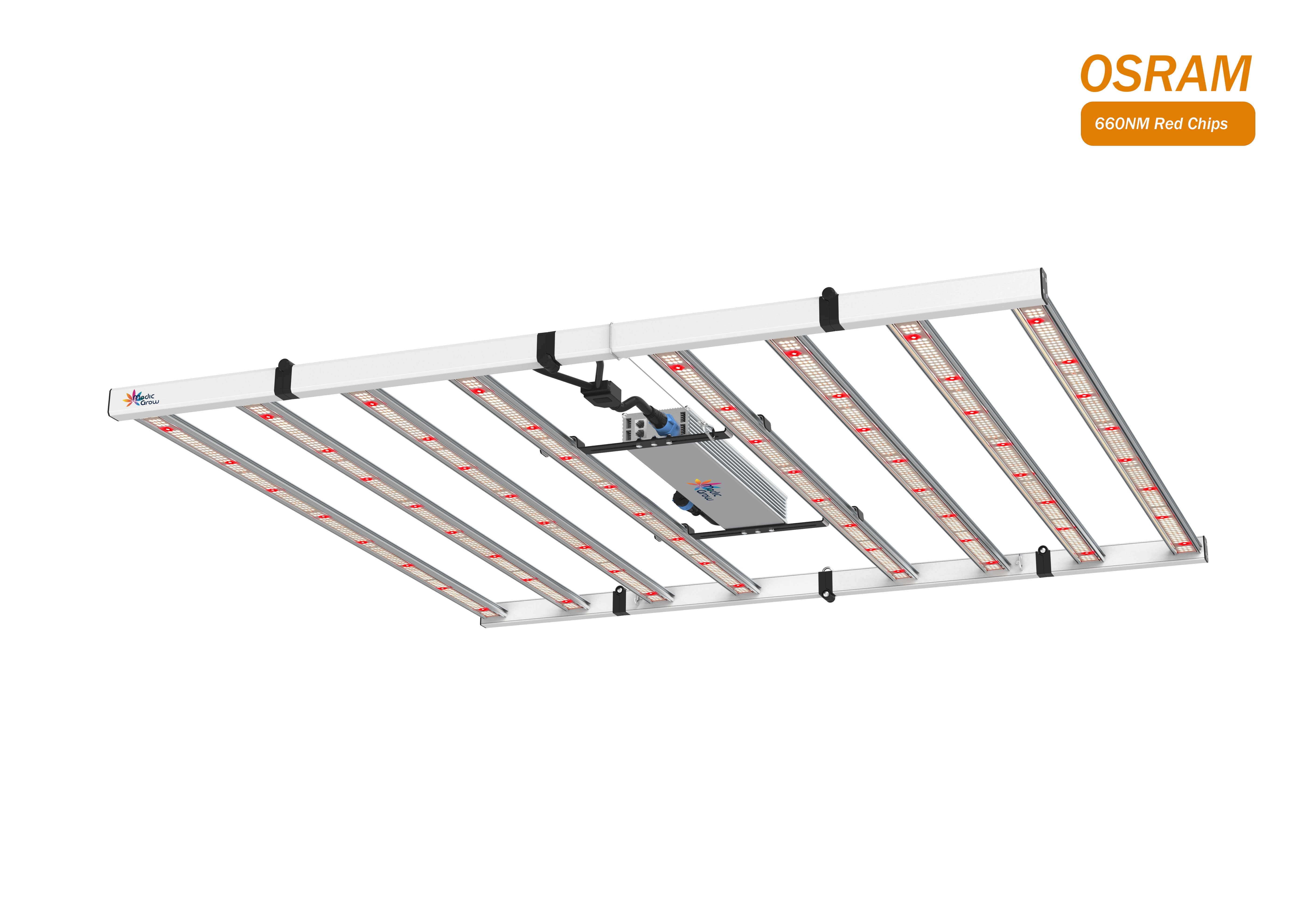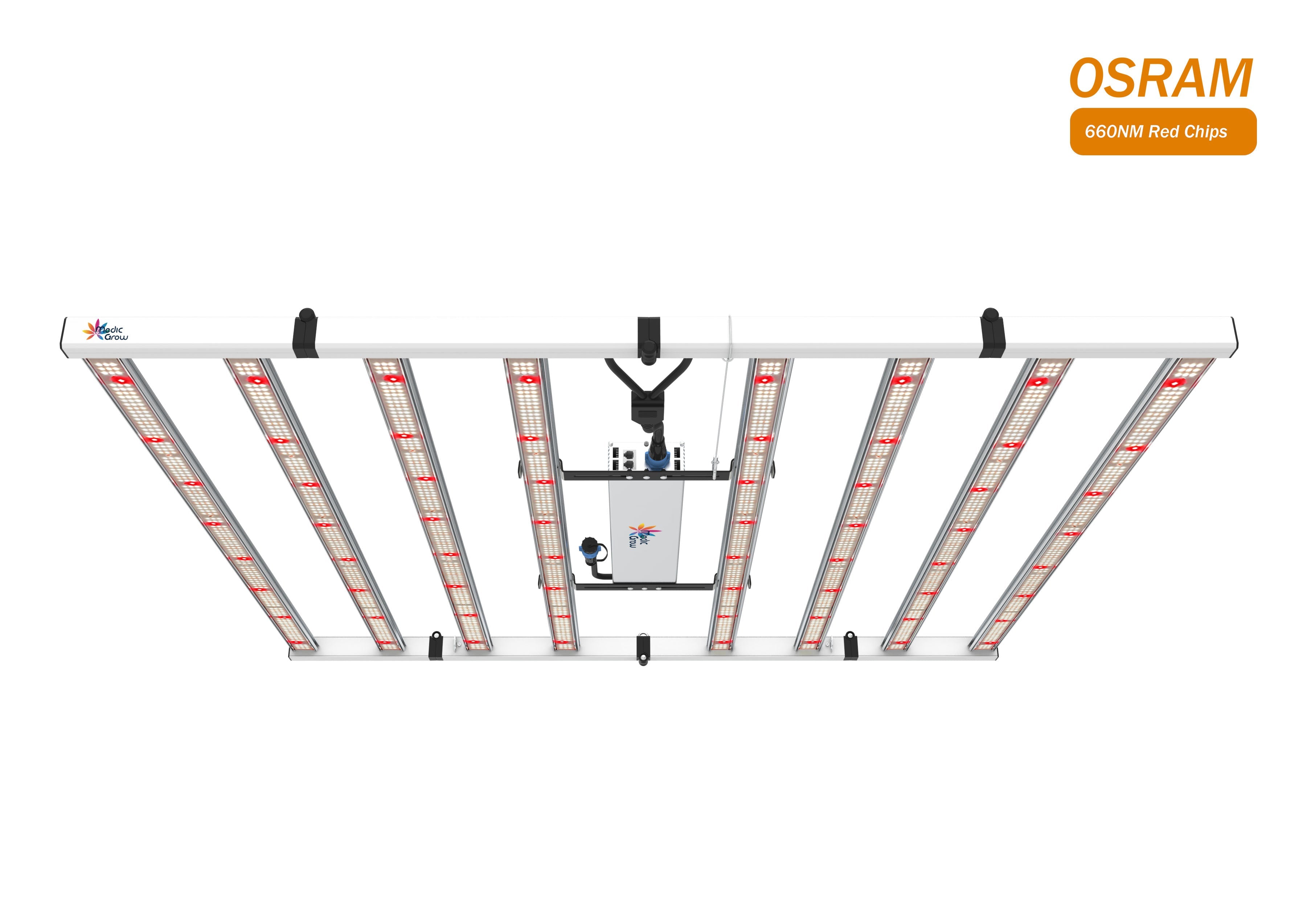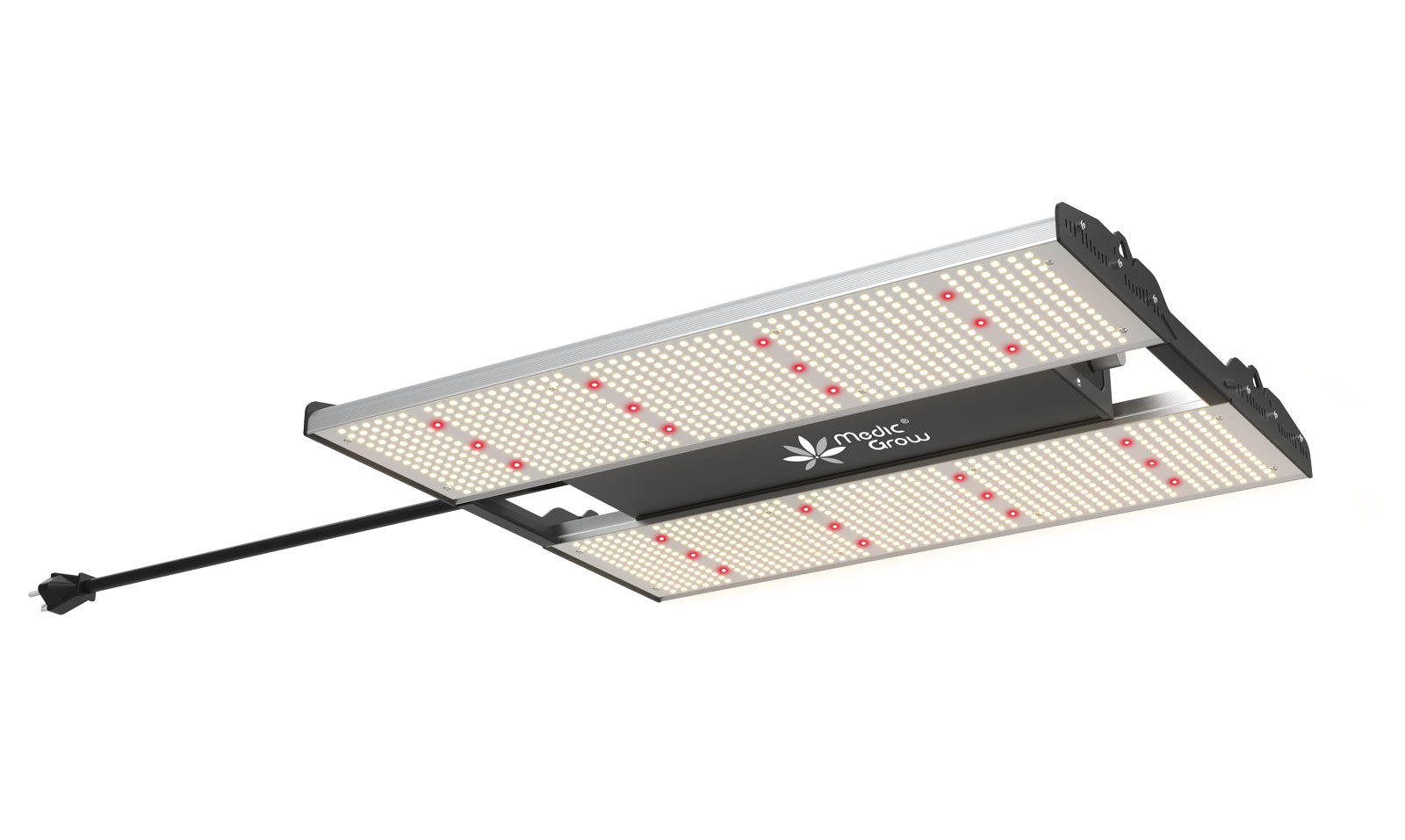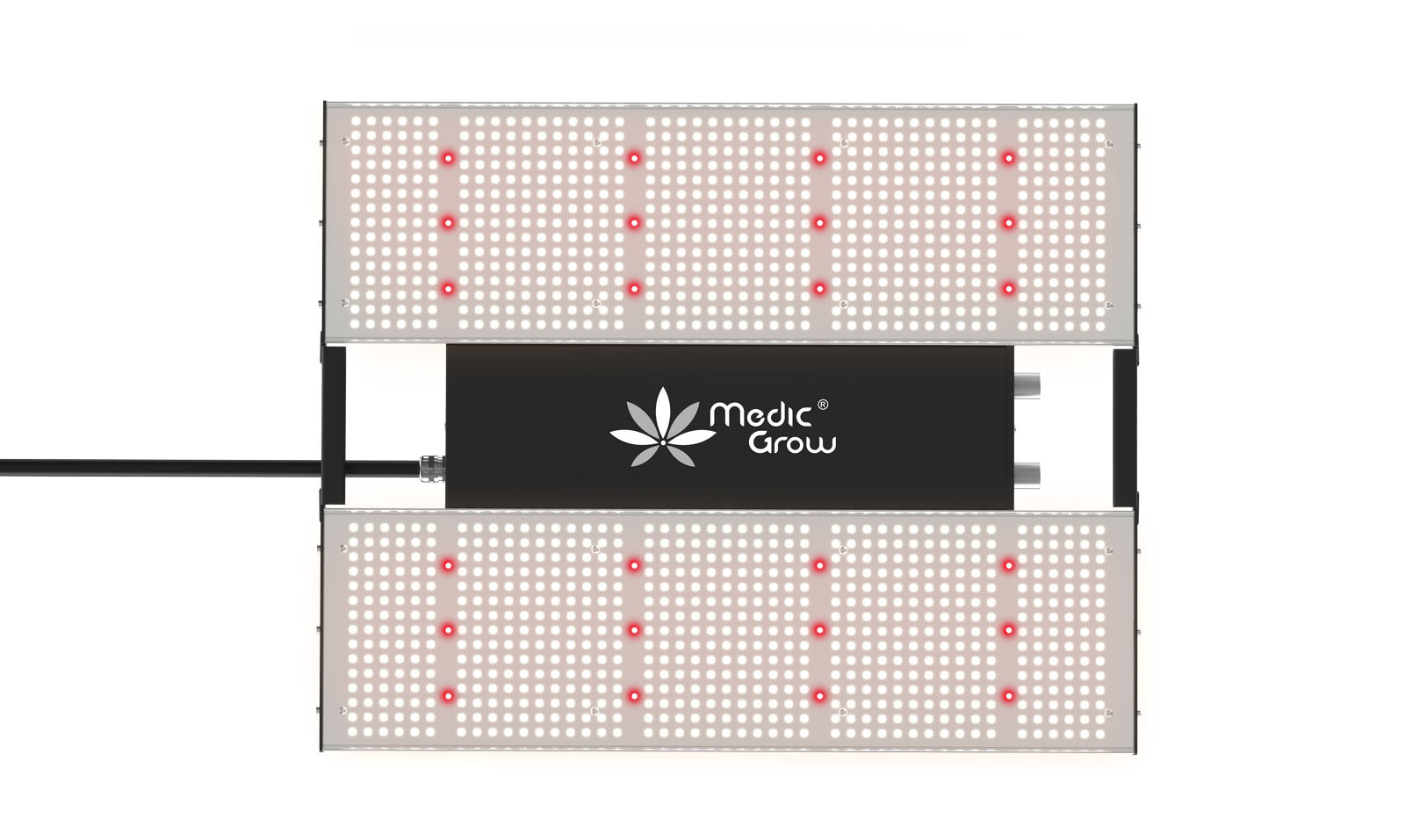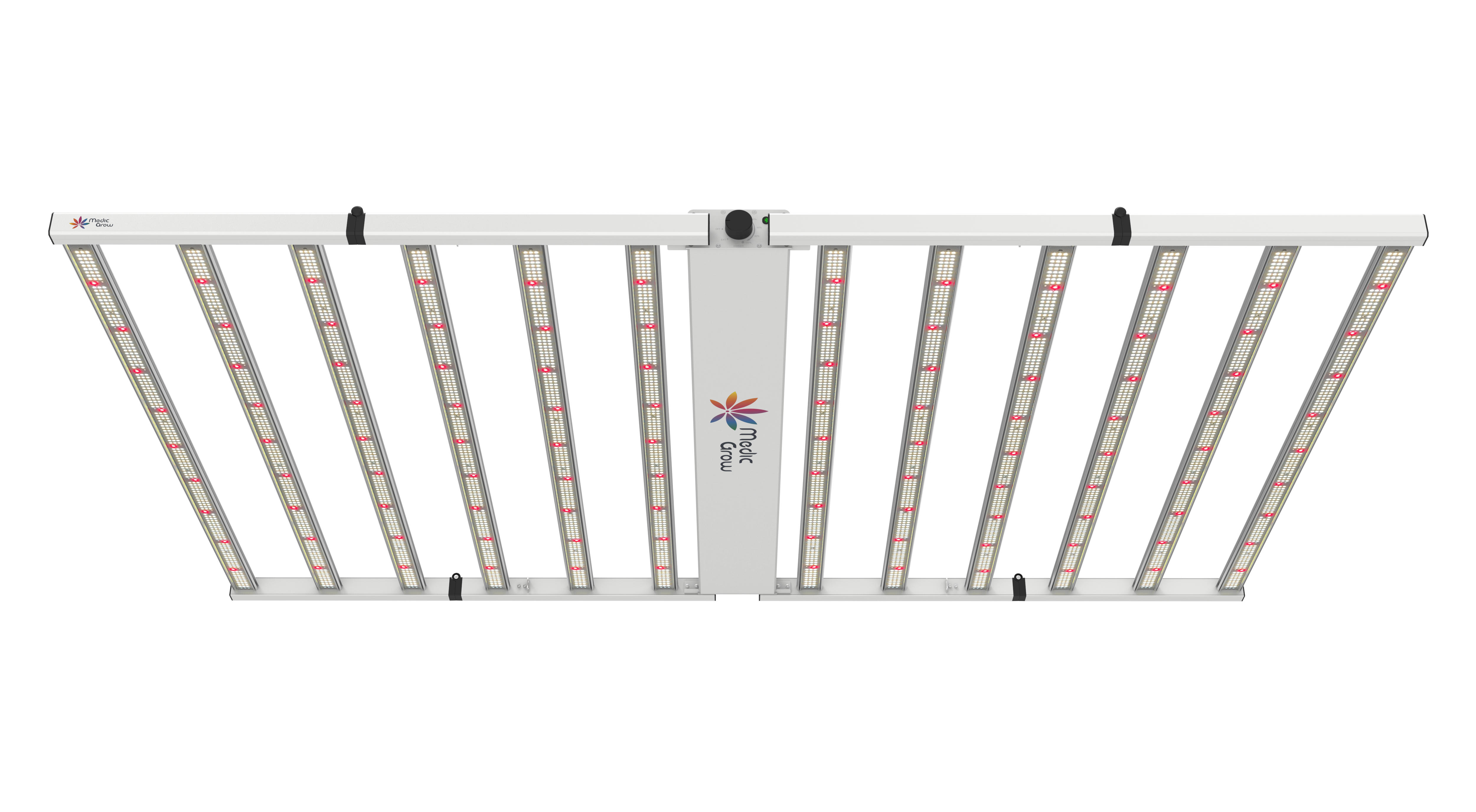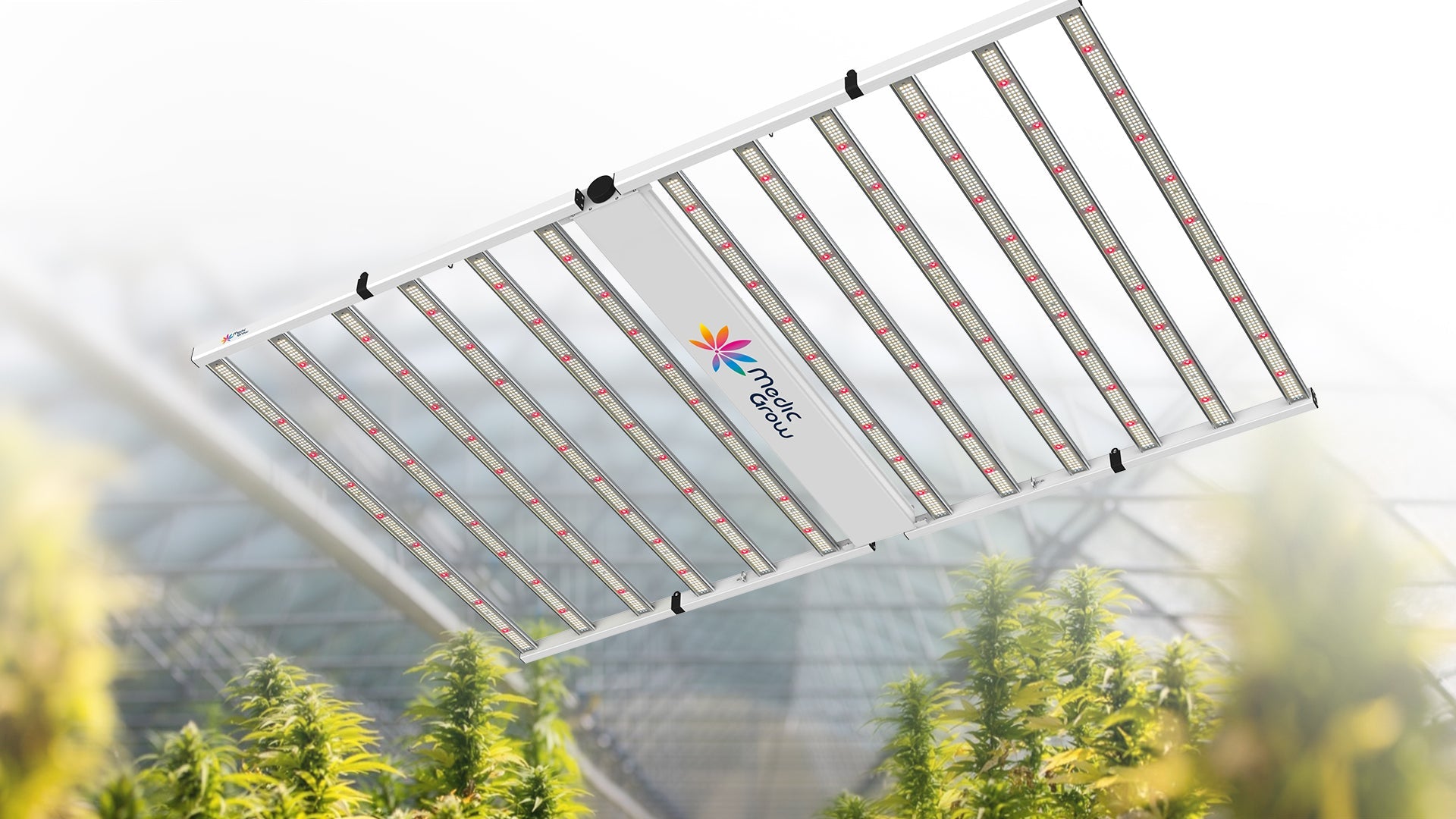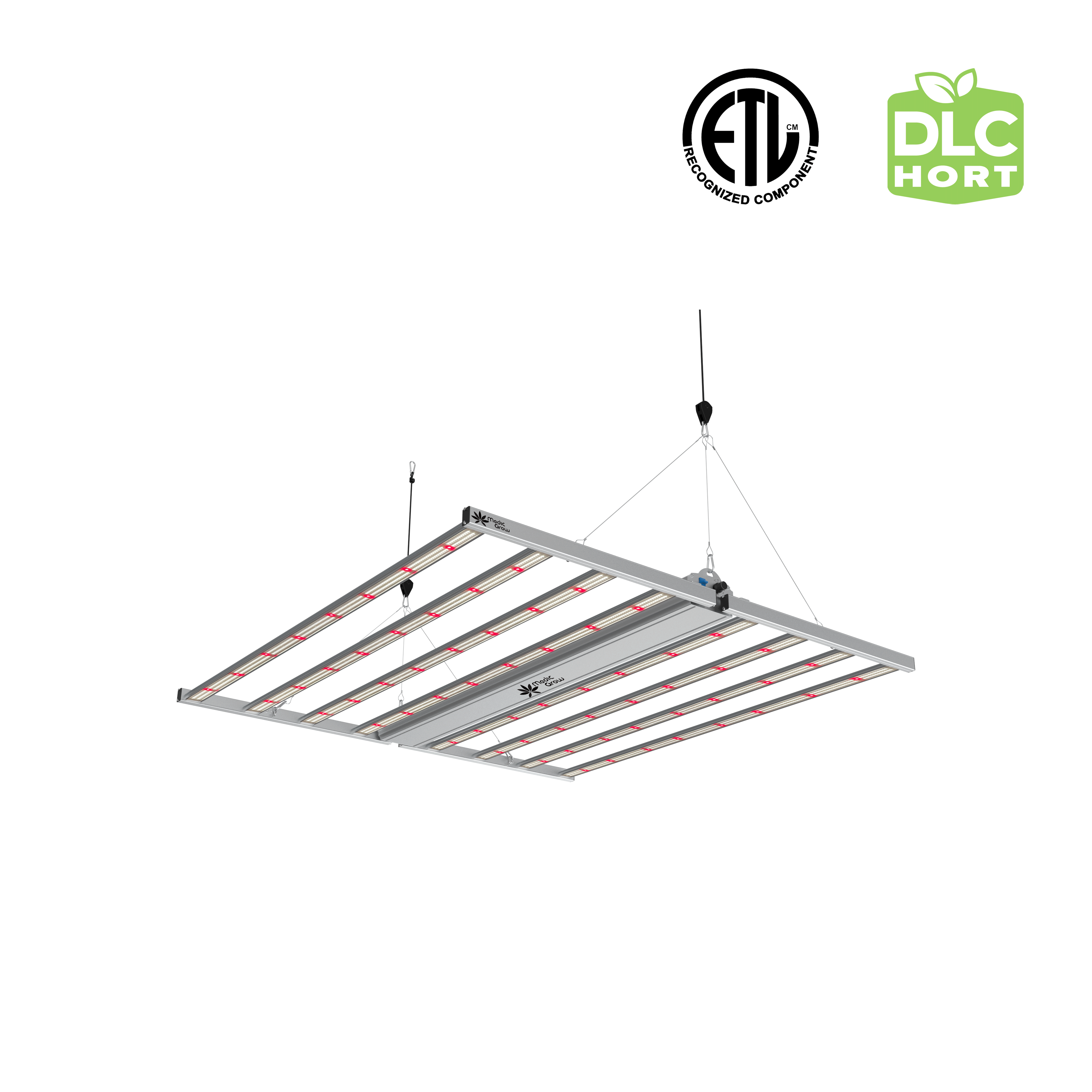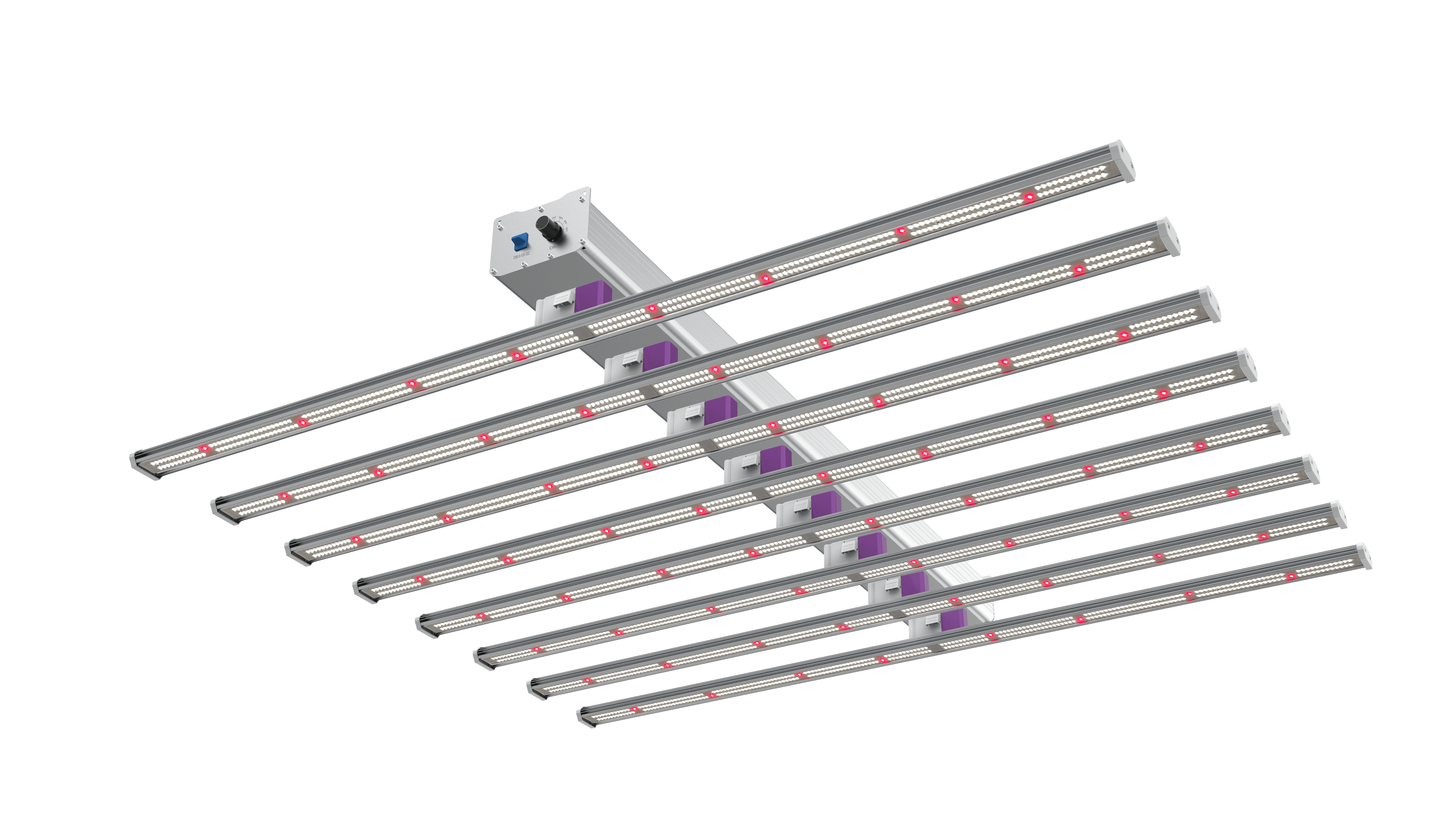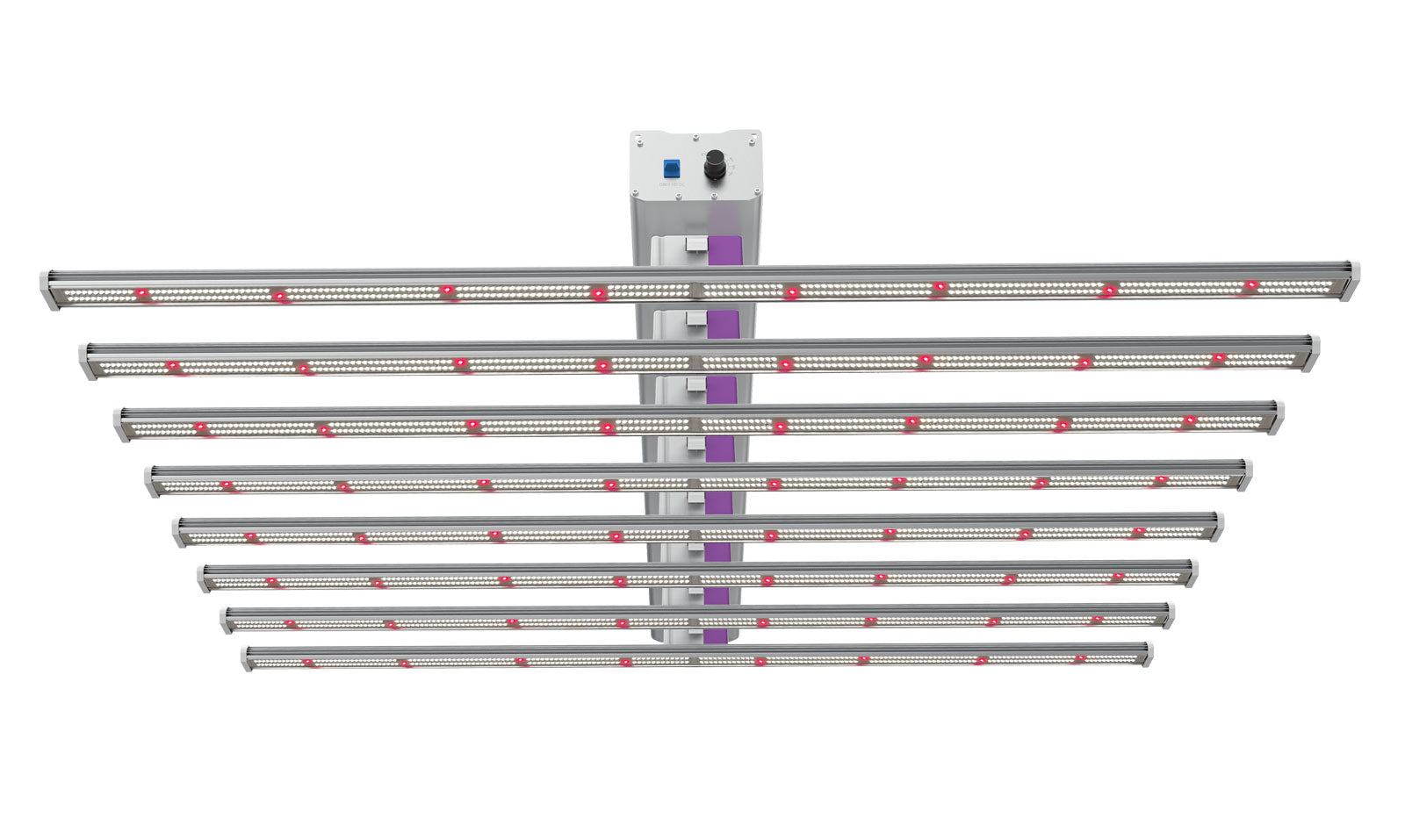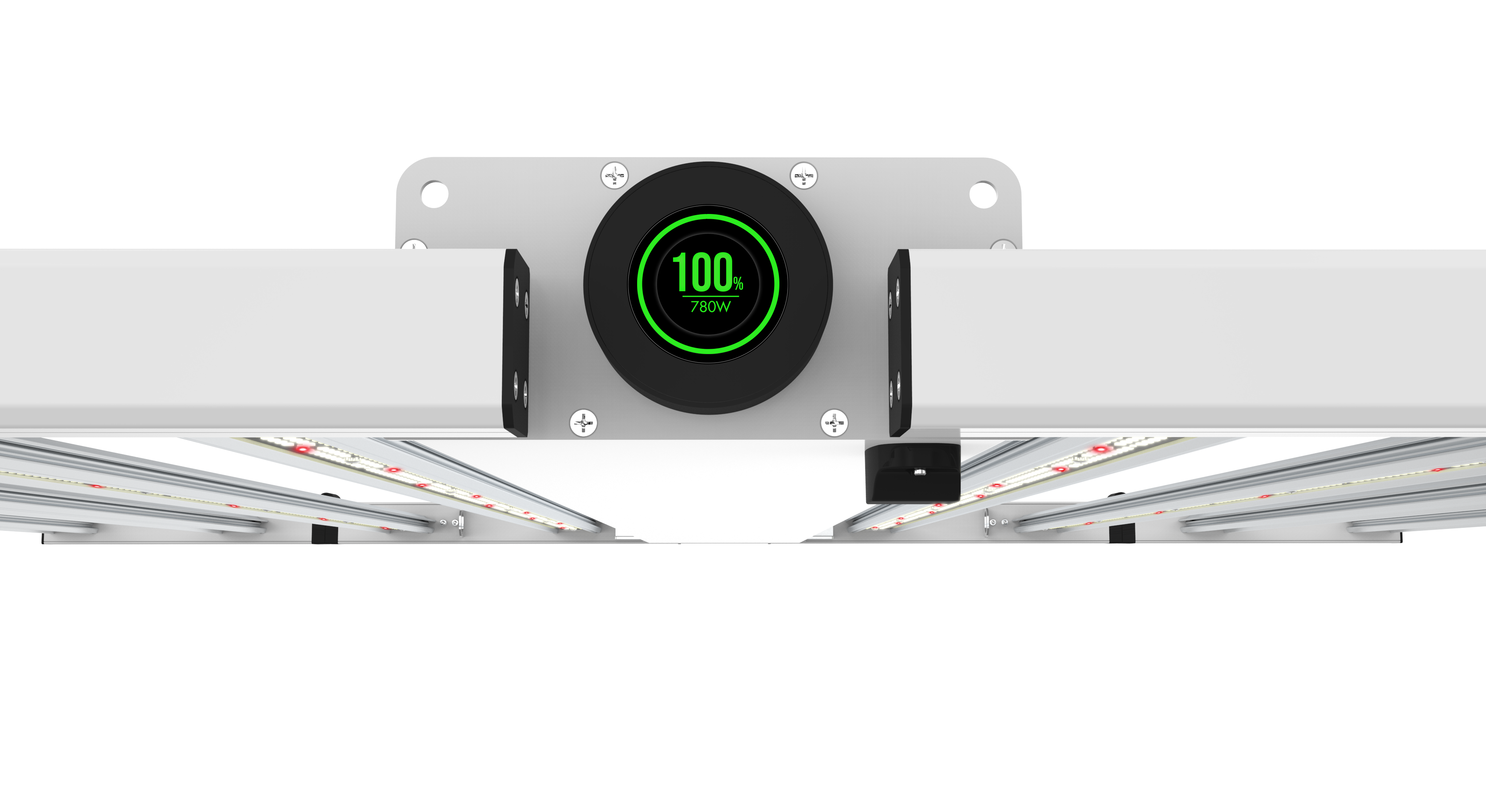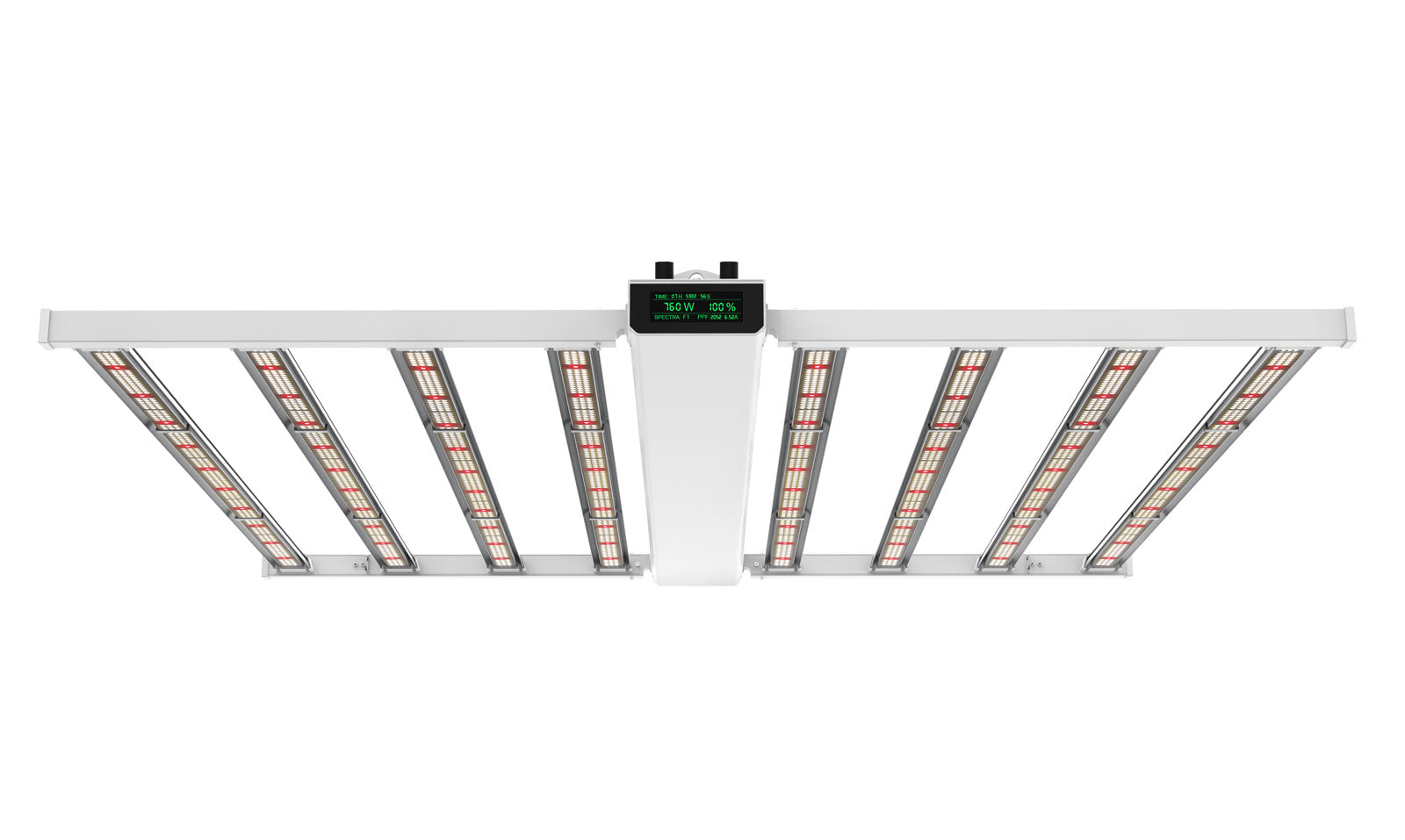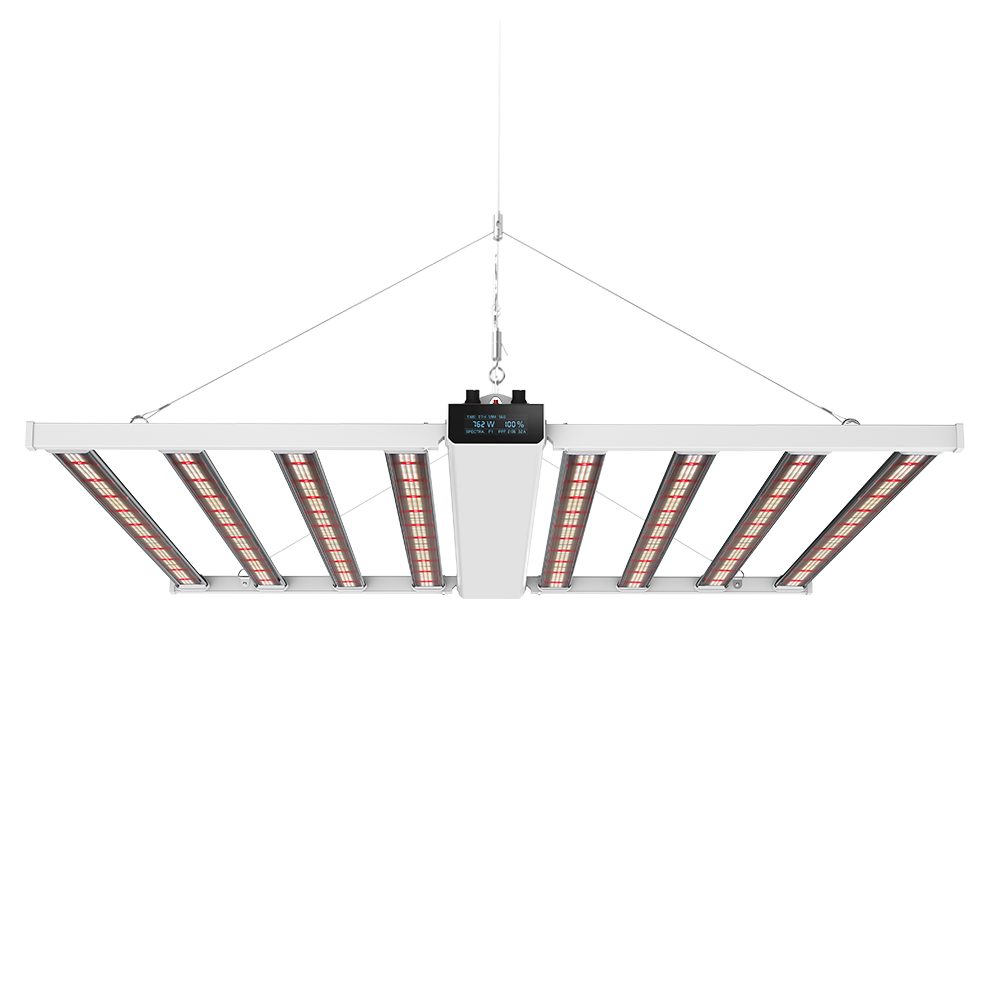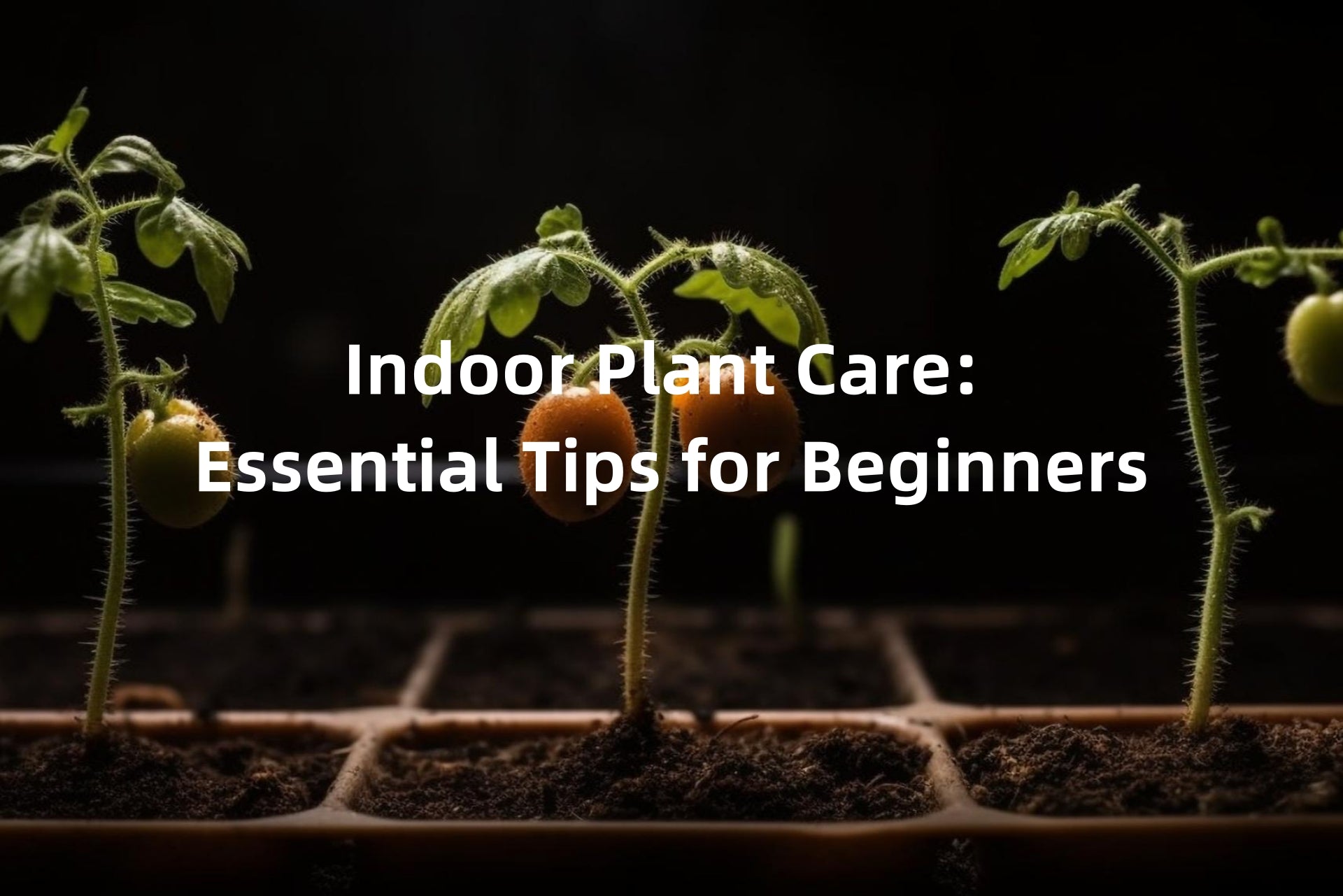
Indoor Plant Care : Essential Tips for Beginners
Are you new to indoor gardening and feeling a bit overwhelmed by the prospect of caring for your indoor plants? Fear not! In this comprehensive guide, we'll walk you through everything you need to know to keep your indoor garden thriving. From watering to pruning including use the led grow lights, we've got you covered.

Image Source:https://www.freepik.com/free-photo/person-transplanting-plants-new-pots_25625111.htm
Watering Wisely: One of the most common mistakes beginners make is overwatering their plants. Remember, not all plants have the same watering needs. Research your specific plant species to determine how much water it requires, and always check the soil moisture before watering. Additionally, consider using a moisture meter to accurately gauge soil moisture levels.
Finding the Right Light: Proper lighting is essential for indoor plants to thrive. Most indoor plants prefer bright, indirect light, but some species may have specific light requirements. Consider investing in LED grow lights from Medic Grow to ensure your plants receive the optimal amount of light. Place your plants near windows or under artificial lights, making sure to rotate them regularly to promote even growth. You can also adjust the height of your grow lights to accommodate plants with different light requirements.

Choosing the Right Containers: Selecting the right containers for your indoor plants is crucial. Ensure that your pots have drainage holes to prevent waterlogging, and consider using containers that complement your home decor. When repotting your plants, choose pots that are slightly larger than their current containers to allow for future growth. Additionally, consider using containers with self-watering mechanisms to help maintain consistent soil moisture levels.

Image Source:https://www.freepik.com/free-vector/hydroponics-farming-concept-with-vertical-water-saving-symbols-cartoon_13768282.htm
Pruning for Health: Regular pruning is essential for maintaining the health and appearance of your indoor plants. Remove dead or yellowing leaves, as well as any overcrowded or diseased growth. Pruning encourages new growth and helps your plants stay vibrant and healthy. Use clean, sharp pruning shears to prevent the spread of diseases between plants. You can also use pruning as an opportunity to shape your plants and encourage bushier growth.
Fertilizing Properly: Indoor plants rely on nutrients from the soil to thrive. Fertilize your plants regularly during the growing season, following the instructions on the fertilizer label. Be careful not to over-fertilize, as this can damage your plants' roots. Consider using organic fertilizers to promote healthy growth without the risk of chemical buildup in the soil. Additionally, consider incorporating slow-release fertilizers into your soil mix to provide a steady supply of nutrients over time.

Image Source:https://www.freepik.com/free-photo/woman-having-sustainable-garden-indoors_15184142.htm
Preventing Pests and Diseases: Keep an eye out for signs of pests and diseases in your indoor garden. Common pests include spider mites, aphids, and mealybugs. Treat infestations promptly with organic pest control methods or insecticidal soap. Avoid overwatering and overcrowding plants, as these conditions can contribute to the development of fungal diseases. You can also prevent pests by regularly inspecting your plants and keeping them clean and free of debris.
Creating a Maintenance Schedule: Establishing a regular maintenance schedule for your indoor plants can help ensure their long-term health and vitality. Schedule watering, fertilizing, and pruning tasks on a weekly or monthly basis to stay on top of your indoor garden care routine. Keep a journal to track your plants' progress and note any changes in their appearance or behavior. Additionally, consider incorporating tasks such as dusting your plants' leaves and periodically repotting them to keep them healthy and thriving.
In conclusion, caring for indoor plants doesn't have to be daunting. With the right knowledge and a little bit of practice, you can create a thriving indoor garden that brings beauty and joy to your home. Remember to research your plant species, provide adequate light and water, and stay vigilant against pests and diseases. Happy gardening!
Featured Products
Blog Posts
- Choosing a selection results in a full page refresh.
!


